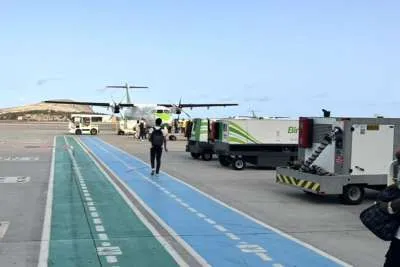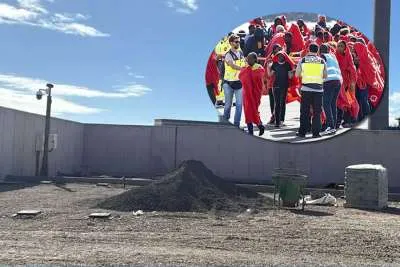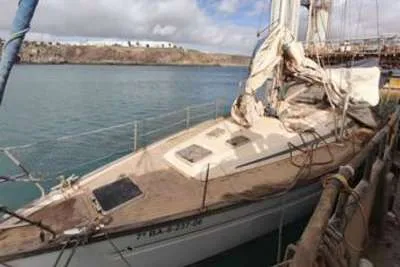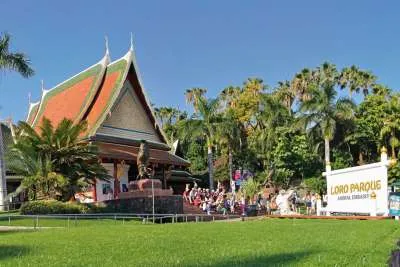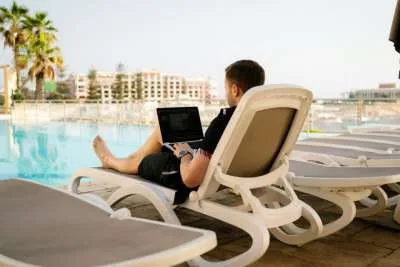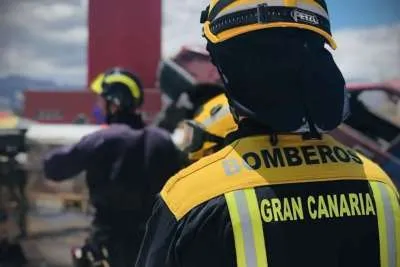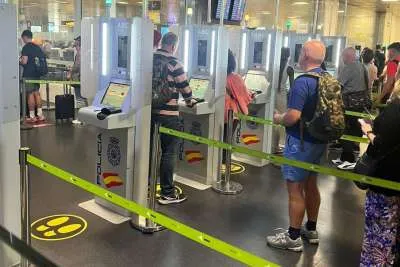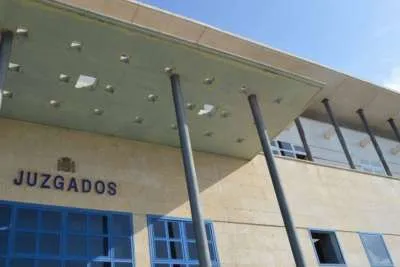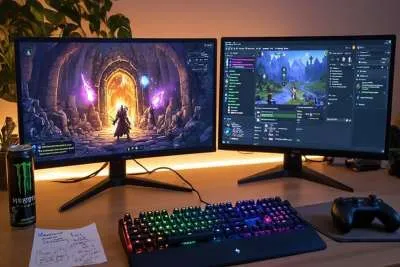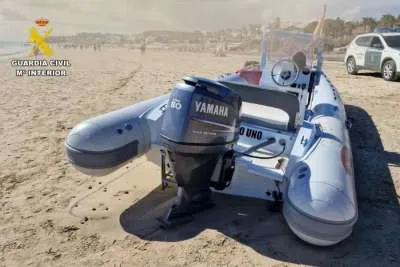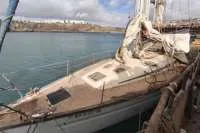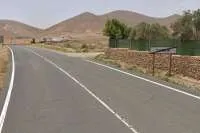How Online Casinos Are Reshaping the Gaming Landscape in the Canary Islands
- 07-07-2025
- Business
- collaborative post
- Photo Credit: Pexels
You load up your phone on a sun-soaked Canarian terrace and flick open a game. Instead of wandering into a smoky arcade, you’re greeted by bright symbols, music, and the promise of a bonus spin. Online casinos have taken root in the Canary Islands with stealth and speed. They offer the allure of traditional casinos without the airfare, the valet, or waiting in line.
This shift started quietly. A Razor Shark slot appears on a local blog, glowing with maritime charms. Word spreads. Next thing you know, locals and tourists alike are testing digital wallets and familiarising themselves with password resets and welcome bonuses. The images of card tables and roulette wheels have moved online. For players, it is convenient. For operators, it is access to thousands rather than dozens.
Technological Innovations Driving Online Gaming
What makes these platforms tick? Technology. Software engineers built sleek interfaces that simplify everything from deposits to withdrawals. They ensure games load fast, even when connectivity drops in volcanic valleys. AI systems personalise game lobbies based on play history, curated headlines, and favourite themes. The games light up with suggestions based on session length and player history.
Security is integral too. Platforms integrate encryption, instant identity checks, and spend monitoring. They can spot patterns that might signal problem gambling. In this way, digital platforms are not just nuisance free. They are grounded in responsibility.
Think of it like Inception. Layers and layers of logic hidden behind a simple spin. A player taps a button, but beneath the surface, millions of lines of code coordinate animation, protection, service, and personalisation. What seems effortless is built on careful architecture and constant vigilance.
Comparison with Traditional Land-Based Casinos
Land-based venues in the Canaries have long been cultural anchors. Think hotels lining Tenerife’s coast with marble floors and live dealers. But they are visible now in a new light beside their digital cousins.
Operating costs on the islands are steep. Rent, air conditioning, staff, licensing fees, these weigh heavily. Traditional venues rely on ambience, social atmosphere, food and drink service, and of course, table games. Online casinos don’t pay for pink granite floors or cocktail waiters. That means they can offer better odds, more generous promotions, and hours of free play, without wasting a second.
That said, they cannot replicate human interaction. The chatter around a blackjack table, the relief of a high-five after a big win. That sense of place still draws tourists and regulars. But even the most loyal visitor now juggles online and offline play. Some games on subway rides. Others play on balconies before evening shows. The two formats live in a tentative balance.
Regulatory Framework and Compliance
Online gaming in the Canary Islands operates under Spanish law with a European nuance. Operators must hold national licences and follow strict protocols. High-demand games like poker or live dealer tables require real-time reporting and auditing.
Regulators monitor online operations for fairness, anti-money laundering, problem gambling controls, and data protection. They mandate exclusion lists, wagering limits, and player warnings. Licences are not inexpensive or easy to win. They require financial guarantees and periodic audits.
That framework helps mitigate the concern that digital casinos might invade without oversight. Instead, they enter with rules, records, and transparency. It may slow their growth, but it keeps user trust high.
Impact on Local Culture and Economy
Digital platforms change behaviour on the islands. Afternoon siestas are replaced by quick gaming sessions. A tourist on Tenerife’s beaches might top up an account between waves. A local in Las Palmas might check games while waiting to call a taxi. This new habit isn’t confinement. It is mobility.
But it also brings economic opportunity. Software developers, payment integrators, IT specialists find work in local offices. This helps diversify economies historically dependent on tourism. Local banks gain transaction fees and rostering professionals tied to support and cash flow management.
There is tension though. Residents debate whether digital casinos erode social spaces or enrich them. Some worry about addictive patterns. Others see potential fortune for tech-savvy locals. Public meetings occasionally explore regulation, intervention, and support services. And yes, the political discussion is always nearby. Is digital gambling a liberating tool or a liability?
Future Prospects for Online Gambling in the Region
What comes next? Expect deeper localisation within online platforms. Games themed around Canarian culture: volcanic motifs, island festivals, maybe virtual reality experiences tied to local music. Streaming features with local influencers spinning roulette wheels. Even gamified promotions tied to regional events.
Infrastructure is evolving too. Internet speeds get faster. Project funding from both European and national sources is supporting digital sector growth. Local universities begin to teach cybersecurity and responsible gaming. It becomes a partial hub for online entertainment in southern Europe.
Eventually platforms could integrate civic features. A player wins and chooses to allocate part of their winnings to local heritage restoration or environmental projects. Or maybe tourism apps will partner with games: win a free ferry pass to La Gomera or a discounted stay at a mountain lodge. Digital and physical blend.
That may sound futuristic. Yet for a generation raised on mobile gaming, it is natural. You want to relax, you spin a wheel, and you later pay with the same method you used to book your ferry.
A Changing Landscape, No Less Beautiful
The rise of online casinos in the Canary Islands feels like sunrise over volcanic peaks. It is gradual, bright, inevitable. Technology has changed the terrain. Players enjoy convenience and access. Operators see diversity of revenue and innovation on island soil. Regulators ensure fairness and protect against harm.
Traditional casinos still hum with social life and tactile charm. But they no longer stand alone. An ecosystem now spans screens in cafes, phones in taxis and terminals in hotels. This dual landscape empowers players and supports local economies.
If you stroll through a plaza in Tenerife early evening, you might see heads down over devices. A quick spin of the digital reel. Meanwhile, behind them, someone orders a glass of wine and finds a roulette table under lights. One foot in the past. One tapping the future.
Gamble Responsibly: Gambling should be enjoyed as a form of entertainment, not a way to earn money. Always gamble within your financial means and set limits to stay in control. You must be 18 or older to participate in gambling activities. If you or someone you know has a gambling problem, seek help from organisations like FEJAR (Federación Española de Jugadores de Azar Rehabilitados) at www.fejar.org. Stay safe and gamble responsibly.










